#PHEVs
US Debut of Mitsubishi Outlander PHEV Delayed Until 2016
Those waiting for the Mitsubishi Outlander PHEV to come to North America will need to keep holding their breath until next year.
Carlypso: PHEVs To Reach 1 Percent Market Share In Q1 2015
By the end of Q1 2015, PHEVs are expected to take 1 percent of the overall U.S. domestic market despite fuel prices continuing their downward spiral.
Lower Fuel Prices Mean More Savings On Green Vehicle Purchases
Just like when high fuel prices knocked down the sale price of many a truck and SUV, the current drop in price at the pump is pulling down the prices for many a hybrid, PHEV and EV.
NAIAS 2015: A Clearer View For The 2016 Chevrolet Volt
Fuzzy photos from the 2015 Consumer Electronics Show are one thing, official photos of the 2016 Chevrolet Volt are definitely another [Live photos now available – CA].
NAIAS 2015: Mercedes Reveals 2016 C350 PHEV Sedan, Estate
Amid Dr. Z’s proclamation that 2015 would be “the Year of the SUV,” the Mercedes-Benz C350 Plug-In Hybrid was revealed prior to its official debut at the 2015 Detroit Auto Show [Live photos now available – CA].
Hybrids Down, PHEVs, EVs Up In US Sales Amid Falling Fuel Prices
With fuel prices continuing their downward spiral, one would think EVs and hybrids would become the new Hummers and Escalades to be left to rust in the backlot of the dealership. Not quite.
GM Files For 'Crossvolt' Name For Possible Volt-Based CUV
Over four years ago, Chevrolet introduced a Volt-based crossover concept that hinted at the style the brand would have crossed someday, had not the resources been diverted to the Cadillac ELR.
That day might now be sooner than never.
Detroit 2015: Next-Gen Chevy Volt To Gain Corvette Styling Cues
Can you see a C7-era Chevrolet Corvette in that new Volt’s face? There’s a reason for that.
Study: Only Five Countries Sold Over 10K PEVs In 2014
Plug-in vehicles may be doing well as of late in the sales game, but a study by The Research Capsule says their gameplay needs more work.
BMW Unveils 3 Series PHEV Prototype, Plans For Future PHEVs
BMW’s i Series is lending its technology to the automaker’s core portfolio, spurring a new generation of PHEVs in so doing.
Swearingen: No Evos Planned After X, GSR 5-Speed Coming Summer 2015
Bad news: Mitsubishi’s storied Lancer Evolution will stop at 10 after the 2015 model year. Good news: It will go out with a bang.
Mercedes Vision G-Code Study Shows Off Possible Future For SUV/CUV Lineup
Earlier this week, Mercedes-Benz opened its Product Engineering Centre in Beijing. To celebrate the occasion, the luxury brand unveiled a new design study: the Vision G-Code sporty utility coupe.
2016 Chevrolet Volt Won't Need Premium To Move
When customers arrive to pick up the 2016 Chevrolet Volt late next year, they won’t need to spend money on premium when it eventually comes time to fill the tank.
2016 Chevrolet Volt To Have More Power From Stem To Stern
The Chevrolet Volt came into this world through a combination of engineering, design, and a twee song/interpretive dance number.
The second-generation PHEV, due out of Detroit late next year, plans to aim a bit higher than its quirky beginnings.
Georgia EV Supporters Prepare To Defend State Credit In 2015
EV supporters in Georgia are gearing up to save the state’s tax credit from the chopping block after nearly losing it earlier this year.




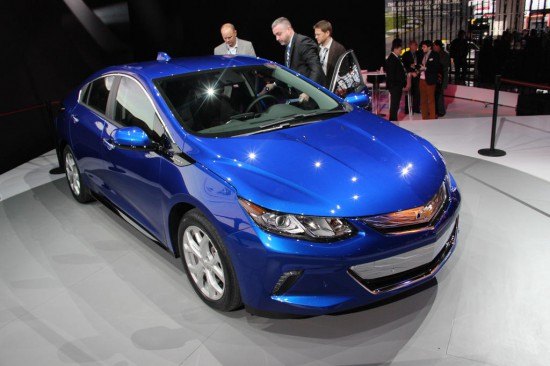
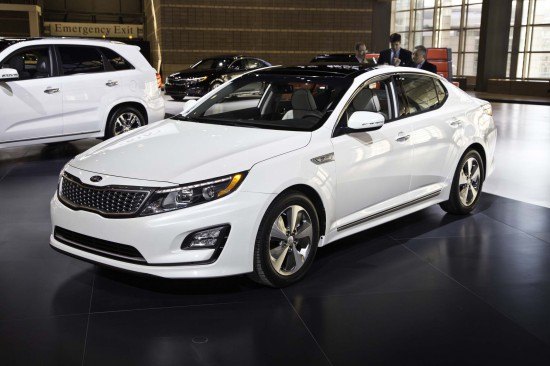

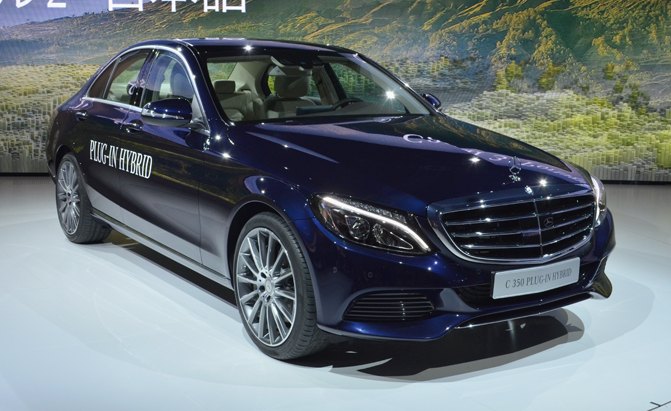
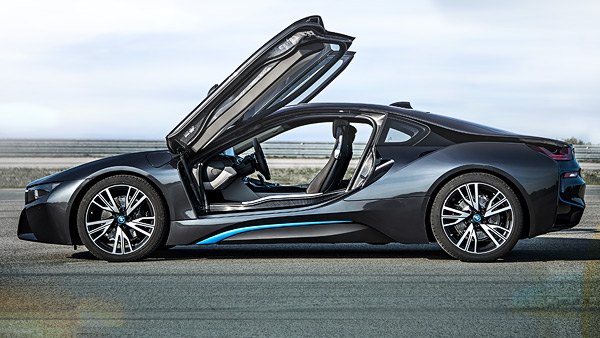


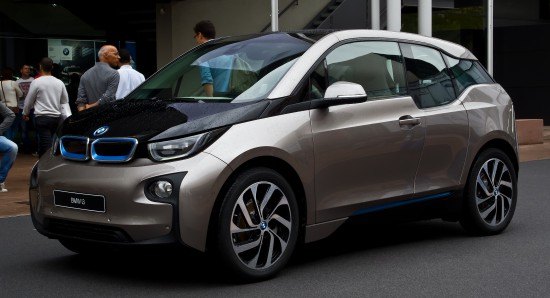
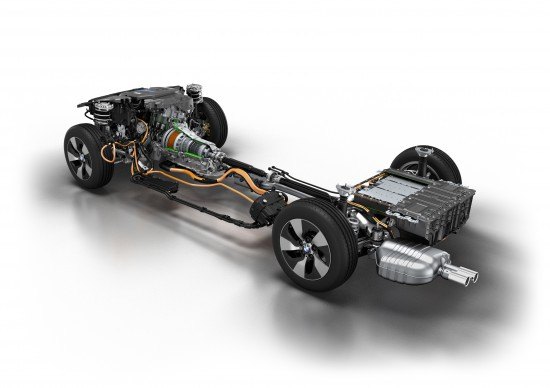


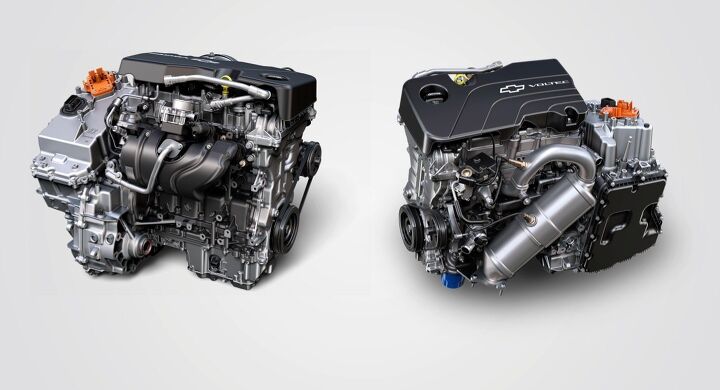














Recent Comments